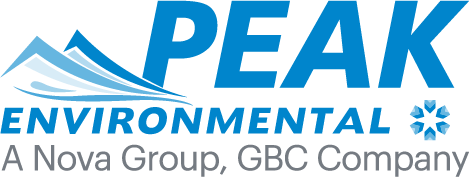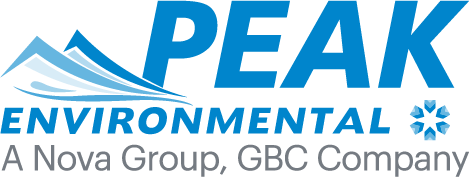Direct Oversight
Direct Oversight
Pursuant to the NJ Site Remediation Reform Act (SRRA), a Licensed Site Remediation Professional (LSRP) must oversee NJDEP Site Remediation Program projects. When a person responsible has not conducted remediation activities as required by applicable regulations, or if certain conditions are present, then the person responsible for conducting the remediation (PRCR) must enter NJDEP Direct Oversight (DO) pursuant to 7:26C-14.
There are two types of DO, compulsory, based on statutory provisions that cannot be circumvented, and discretionary, under which NJDEP reviews a project at which high risk conditions are present to determine whether a project should enter DO. Once in DO, NJDEP can adjust or eliminate DO requirements based on progress made by the PRCR.
Compulsory DO occurs when the PRCR has been the object of two enforcement actions during any five-year period, or the PRCR has failed to meet specific remediation timeframes listed in the regulation. The DEP does not consider site specific information in the DO decision.
Discretionary CO occurs when certain contaminants are present, environmentally sensitive natural resources have been impacted, and NJDEP determines their direct oversight is necessary to protect human health and the environment. The Department considers work completed, compliance status and technical information prior to imposing DO.
Once a project is in DO, the PRCR must submit an initial, then annual remediation cost reviews and fees, establish a remediation trust fund, propose a public participation plan, complete a receptor evaluation and submit a DO remediation summary report that includes site data and information, a schedule, and a feasibility study. The PRCR must proceed with remediation tasks as the DEP directs and implement each remedial action that the DEP selects.
During completion of DO tasks above, the DEP may reduce or eliminate DO requirements, or remove the PRCR from DO if site specific conditions indicate it would be in the public interest and protective of human health and the environment.
Peak LSRPs currently manage multiple DO projects, and have successfully managed DO projects out of the program by demonstrating substantive progress and client advocacy. Many required DO tasks are necessary for all projects, so Peak utilizes previous work, if available, to efficiently comply with DO tasks. In addition, Peak’s technical experience and remedial alternative evaluation tools are used to negotiate DEP selection of the most cost-effective remedial option(s) for the project based on site-specific characteristics, contaminant type and distribution, and receptors present.
News
Anne Ortlieb joins the Peak Team!
Anne Ortlieb has joined Peak Environmental, A Nova Group, GBC Company as a Staff Scientist. Anne is a graduate of Ramapo College of New Jersey with a Bachelor of Science degree in Environmental Science. As a Staff Scientist, she will complete health and safety...
Peak Environmental Supports First BRIP Financing Approval
Jeffrey Campbell June 13, 2024 The New Jersey Economic Development Authority (NJEDA) kicked off the new $300M Brownfield Redevelopment Incentive Program (BRIP) in 2023 to provide funding for the redevelopment of under-utilized real estate in New Jersey....
Peak Environmental Receives NJBIZ Leader in Real Estate Construction & Design Award
Peak Environmental, A Nova Group, GBC Company (Peak) has been named a Leader in Real Estate Construction and Design by NJBIZ at their 2024 awards event. The award was based primarily on Peak’s participation in the redevelopment of an underutilized property in Montvale...
Discuss Your Project
Contact
Peak Environmental, A Nova Group, GBC Company
732-326-1010
info@peak-environmental.com
26 Kennedy Blvd, Suite A
East Brunswick, NJ 08816
Industries
Legal
Real Estate
Financial
Insurance
Petroleum
Manufacturing
Materials
Construction
Education


